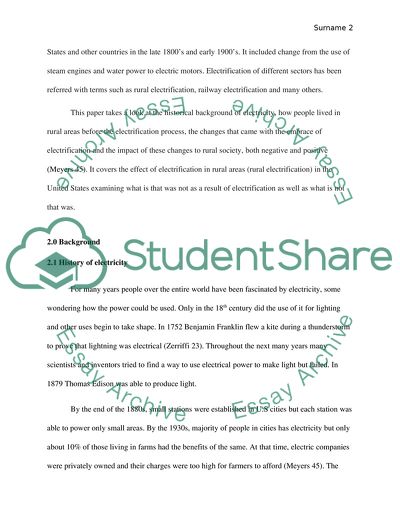Cite this document
(Impact of Technology on Society Coursework Example | Topics and Well Written Essays - 1750 words, n.d.)
Impact of Technology on Society Coursework Example | Topics and Well Written Essays - 1750 words. https://studentshare.org/technology/1865895-impact-of-technology-on-society
Impact of Technology on Society Coursework Example | Topics and Well Written Essays - 1750 words. https://studentshare.org/technology/1865895-impact-of-technology-on-society
(Impact of Technology on Society Coursework Example | Topics and Well Written Essays - 1750 Words)
Impact of Technology on Society Coursework Example | Topics and Well Written Essays - 1750 Words. https://studentshare.org/technology/1865895-impact-of-technology-on-society.
Impact of Technology on Society Coursework Example | Topics and Well Written Essays - 1750 Words. https://studentshare.org/technology/1865895-impact-of-technology-on-society.
“Impact of Technology on Society Coursework Example | Topics and Well Written Essays - 1750 Words”. https://studentshare.org/technology/1865895-impact-of-technology-on-society.


